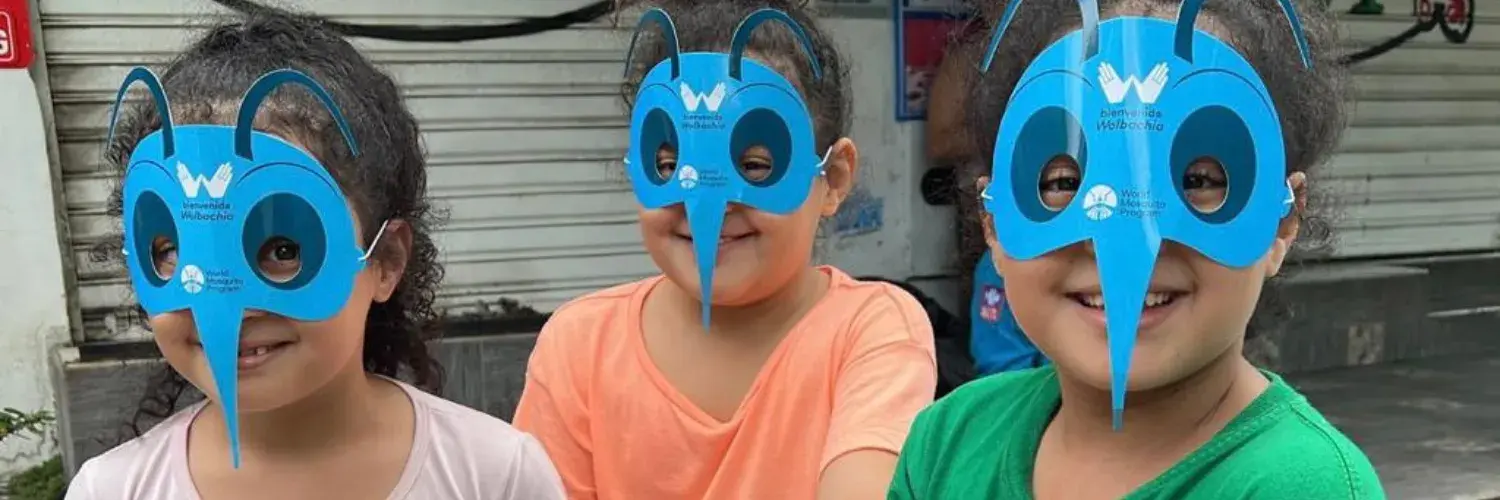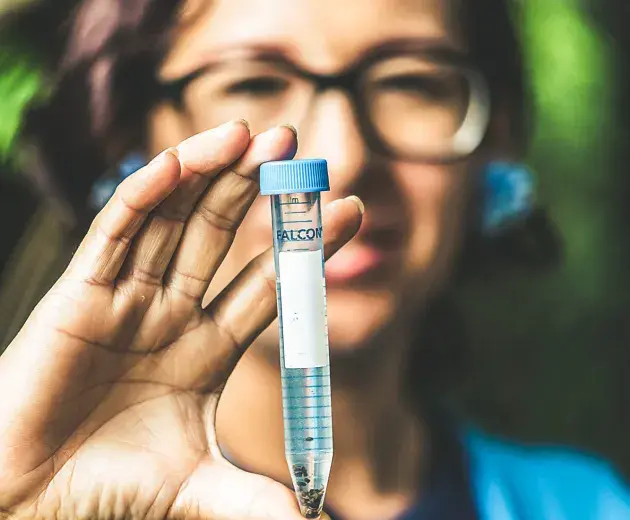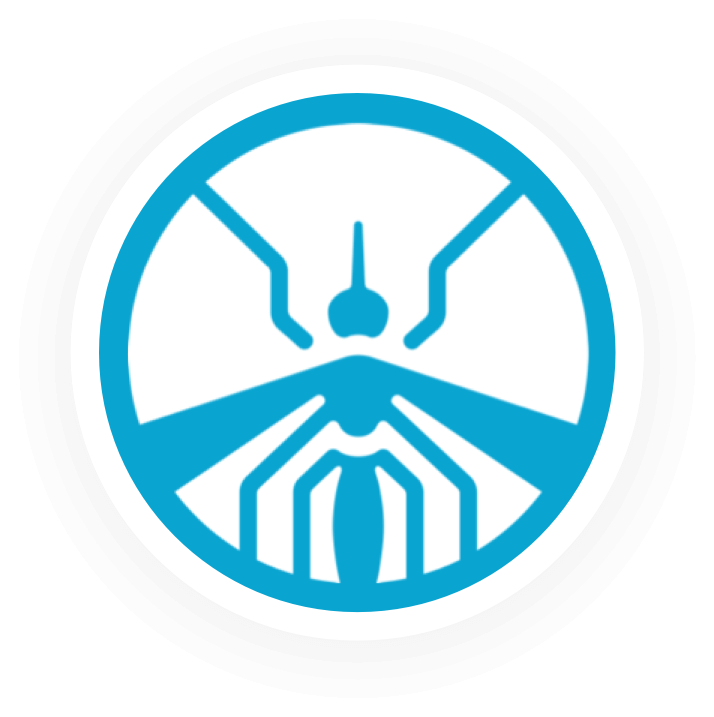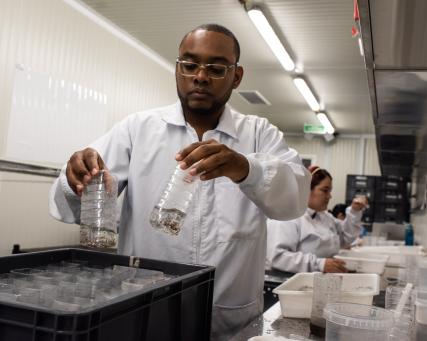
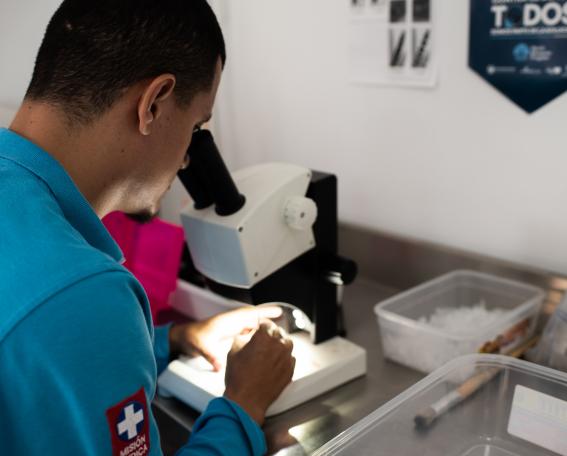
Our goal is to protect Cali communities from diseases transmitted by the Aedes aegypti mosquito, such as dengue, Zika, chikungunya, and yellow fever. To date, WMP has completed three phases of implementation, covering various areas of the city. These areas were carefully selected based on disease impact indicators provided by the city's Department of Public Health
Globally, WMP has protected more than 11 million people on three continents where Wolbachia mosquitoes have been released. In Cali alone, we've benefited 1,261,000 people, approximately half the population, across three phases. We've also achieved community acceptance rates between 90 and 97%.
We've worked collaboratively with communities and local authorities, including community reference groups, community action boards, local administration boards, environmental and planning committees, older adults, women's groups, LGTBIQ+ groups, public and private educational institutions, health entities, and the Mayor's Office of Santiago de Cali.
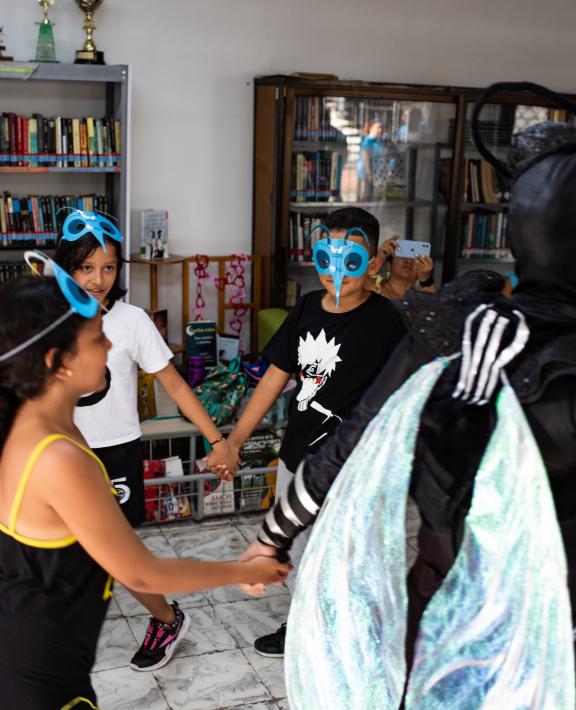
The first phase of implementation of the Wolbachia method in Cali took place between September 2020 and March 2021, benefiting 325,326 inhabitants. Phase II, from November 2021 to May 2022, protected 373,588 inhabitants, with a community acceptance rate of 89.5%. The most recent phase (Phase III), from August 2022 to May 2023, protected over 500,000 people.
During Phase III, we strengthened community participation activities, reaching almost 90,000 people through 814 community events. We also pioneered the use of "mobile labs" in Cali, state-of-the-art mobile laboratories where Aedes aegypti mosquitoes with Wolbachia were studied, bred, and stored for release.
Over the next five years, we will monitor the establishment of Wolbachia. We look forward to seeing Wolbachia establish in the local mosquito population and witnessing the reduction of mosquito-borne diseases.

